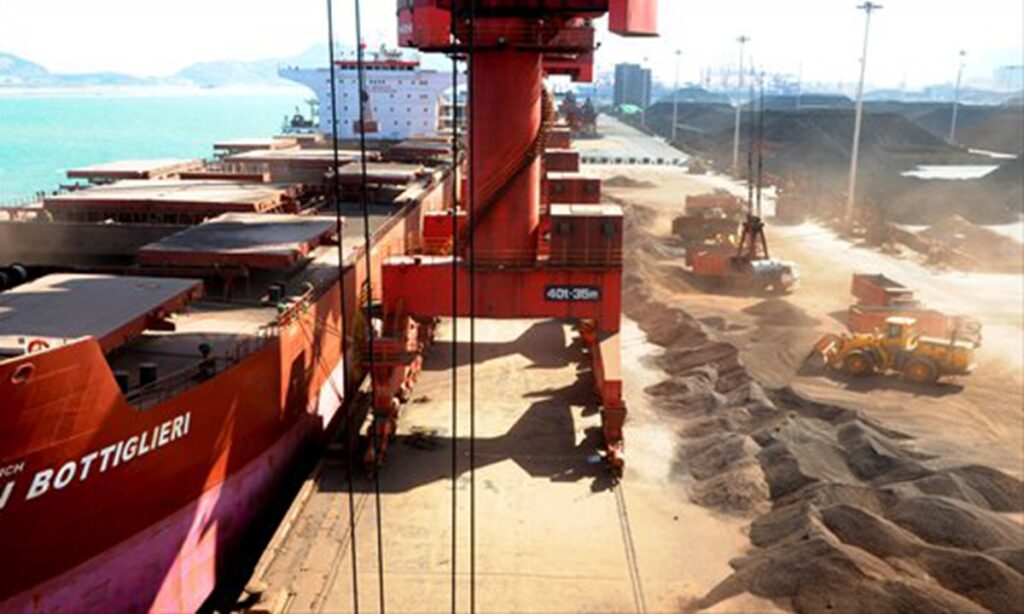As China’s export controls on gallium and germanium, two niche materials key to making semiconductors and other high-tech products, took effect on Tuesday, the focus shifted to traders’ applications for export licenses and who might qualify.
For those who want to know how these export controls will unfold, they are advised to reflect on their own countries’ export bans against China.
A Reuters report said on Tuesday that some traders are still preparing the necessary documents, and are likely to file their applications in the coming week. According to China’s Ministry of Commerce, exporters of gallium and germanium products now need to apply for export licenses for dual-use items and technologies – those with potential military as well as civil applications.
Attention surrounding the more practical questions should serve as a reminder for those waging a tech war against China to reflect on the high costs of squeezing China out of semiconductor supply chains.
While some countries like the US have announced measures to secure supplies of gallium and germanium, more attention has been paid to the details of the export controls and how they will be implemented, compared with the discussions about establishing new supply chains to replace those in China.
It is not hard for industry players to see that it is more urgent to have a feasible way of obtaining available supplies of raw materials.
For instance, the Pentagon plans to issue a first-time contract to US or Canadian companies by year-end to recover gallium, Bloomberg reported in late July. But observers said the cost of processing, refining and recycling gallium is very high, which means it is not a sustainable approach of securing supplies.
To be clear, China’s export controls are not export bans, meaning that for those applications that meet the requirements and do not pose national security risks, supplies will be largely unaffected.
Although the specific details as to how to obtain an export control license remain unclear, in the context of the US chip suppression of China, the criteria for licensing are not hard to tell. Countries that have joined US export bans against China will probably see their support for unreasonable sanctions against China not without consequences and costs, and hopefully the lesson will teach them to choose carefully next time they face a similar situation.
Maybe in the eyes of the US, Japan, South Korea and the EU, China’s move is simply a response to the semiconductor restrictions imposed by the US and its allies on China, but it actually send a strong signal that if the US and its allies continue to tighten their containment on China, then China will no longer sit idle. It should be pointed out that China’s export controls are not aimed at any country, with the only view being one of safeguarding national security interests to reduce our risk exposure amid the Western high-tech sanctions.
Since it is common for American politicians and media outlets to describe their intensifying efforts to contain China as a tech war or a chip war, isn’t it justified for China to take some necessary steps to fight back?
As to whether China’s export controls will end up being a political gesture or a real supply cut-off to some countries, some may already have the answer in mind. It is possible that the sanctions imposed by the US and its allies will be an important reference for China’s implementation of the export controls. They will reap what they have sown. Those who want to hurt China’s interests in the semiconductor sector don’t deserve China’s backing on the chip supply chains.
Chinese Ambassador to the US Xie Feng said at the Aspen Security Forum last month that China opposes waging trade or technology wars under the pretext of competition. China never shies away from competition. But the “competition” defined by the US is unfair.
“We never make provocation, but we will not flinch from any provocation coming our way,” he said.
To a certain extent, his remarks are indicative of China’s attitude and determination toward the tech war. Whether the export controls on gallium and germanium are an end or a beginning depends on the future moves by the US and its allies when it comes to their export bans.
(Global Times)




